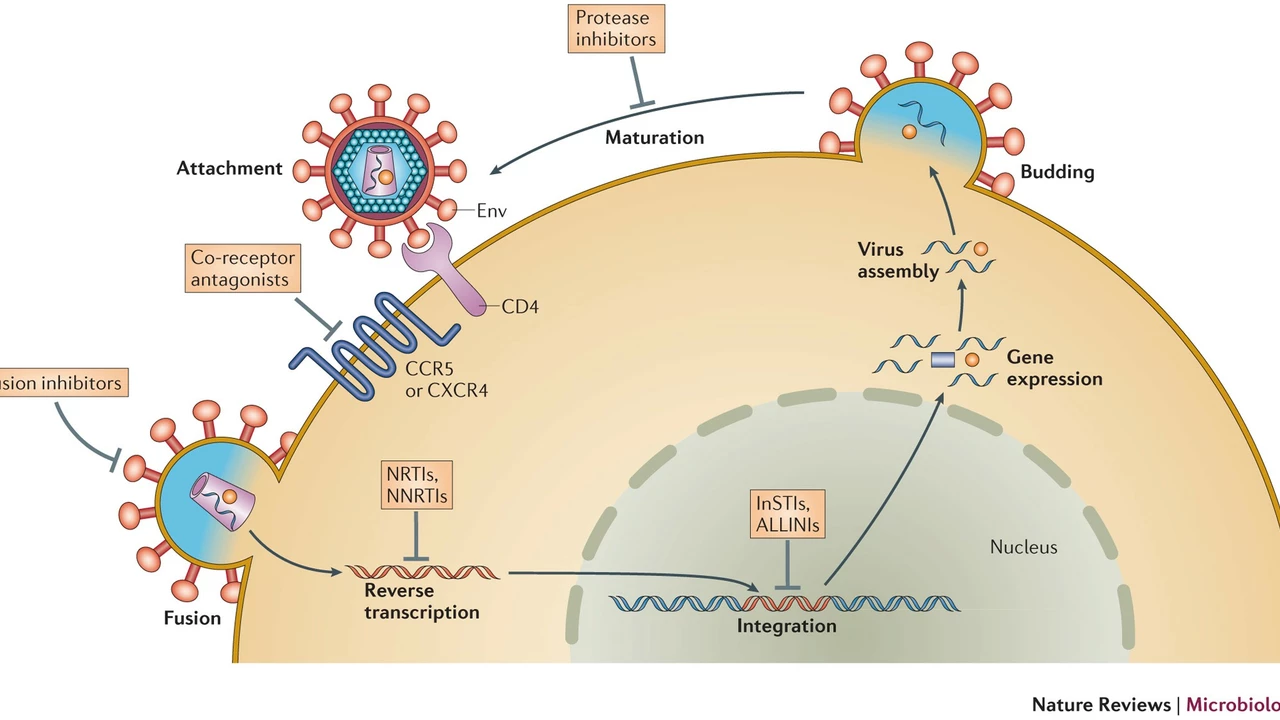Medical Ethics: Why It Matters in Healthcare
Have you ever wondered who decides what's right or wrong in medicine? That's where medical ethics steps in. It’s the set of rules and principles doctors, nurses, and other healthcare pros follow to make sure they do the right thing for you and others. Medical ethics isn’t just about laws — it’s about fairness, respect, and honesty in every step of treatment.
At its core, medical ethics helps balance tricky questions like: How much should a patient know before treatment? What if a patient refuses care that could save their life? And how do we make sure everyone gets fair treatment, no matter who they are? These questions are real and happening every day in clinics and hospitals worldwide.
Four Principles Guiding Medical Ethics
The backbone of medical ethics lies in four big ideas that guide healthcare workers:
1. Respect for Autonomy: This means patients have a right to make their own choices about their health. Doctors must provide clear info so patients understand what’s happening and can decide for themselves.
2. Beneficence: Healthcare providers should do what’s best for the patient — offering treatments that help and avoiding anything that could cause harm.
3. Nonmaleficence: Simply put, this is the principle of “do no harm.” Sometimes treatments carry risks, but doctors should minimize harm as much as possible.
4. Justice: Everyone should get fair access to medical care. No one’s health should be overlooked because of their background, money, or beliefs.
How Ethics Shape Real World Choices
Medical ethics isn't just theory—it affects real people’s lives. Imagine a patient with a life-threatening condition who refuses a certain treatment. Medical ethics pushes doctors to respect that choice, even if it’s hard. Or think about global health crises where limited resources mean tough calls about who gets what treatment. Ethics help guide those tough decisions fairly.
With new technologies and treatments popping up all the time, medical ethics keeps health professionals in check, ensuring innovation doesn’t outpace care quality. It also impacts how online pharmacies operate safely and responsibly, protecting patient privacy and rights.
At the end of the day, medical ethics is about trust. When patients trust their caregivers to act ethically, they’re more likely to follow treatments and feel confident about their care. That trust means better health outcomes and a healthier community.
In my latest blog post, I delve into the topic of Atazanavir and the significant role that medical ethics plays in HIV care. Atazanavir, a vital antiretroviral drug used to treat HIV, has shown promising results in improving patient outcomes. However, it's essential to recognize and uphold the principles of medical ethics, such as autonomy, beneficence, non-maleficence, and justice, when prescribing and administering this medication. Balancing the potential benefits and risks associated with Atazanavir is crucial to ensure the best possible care for HIV patients. As a blogger passionate about healthcare, I'm committed to raising awareness about the importance of ethical considerations in medical decision-making, particularly in the context of HIV care.

